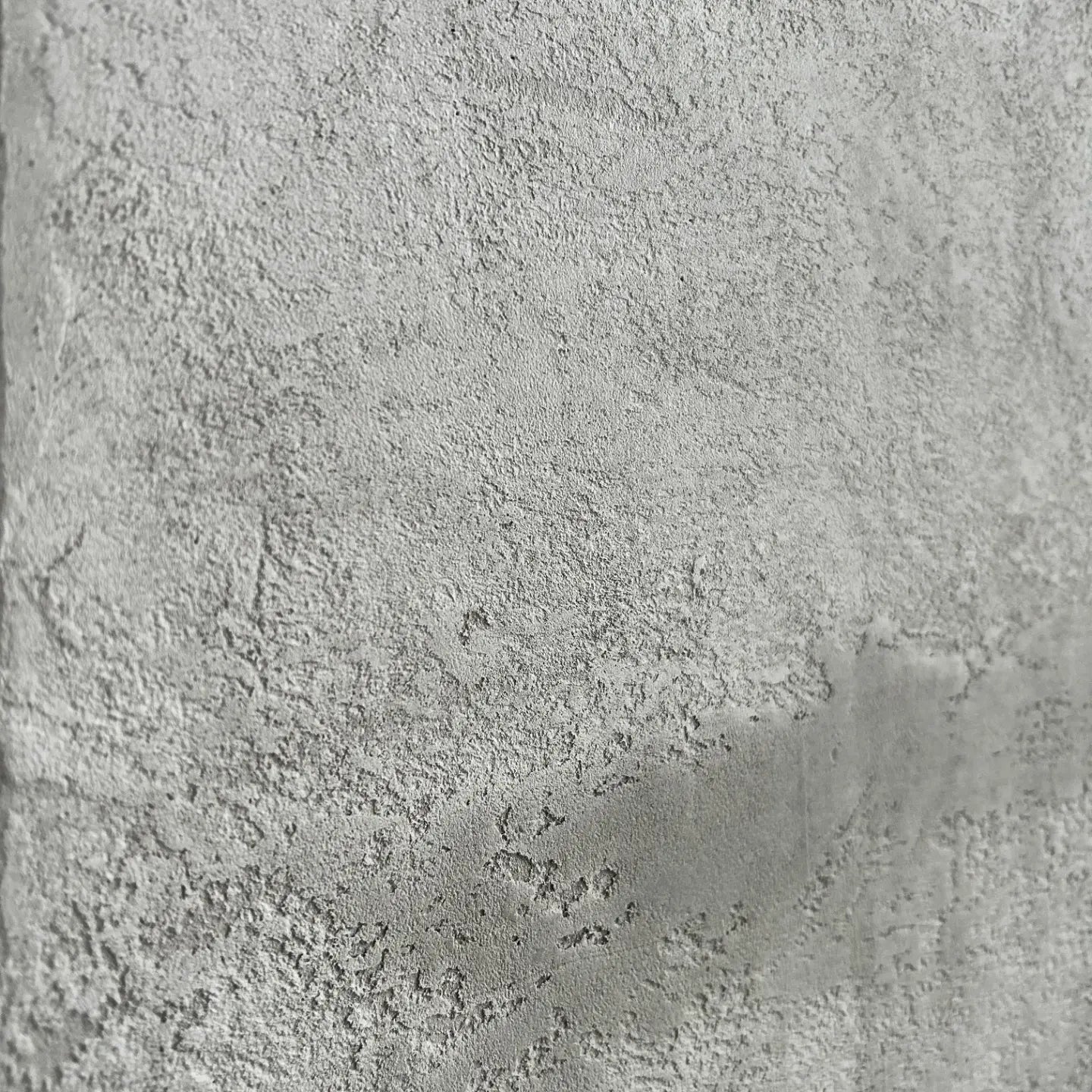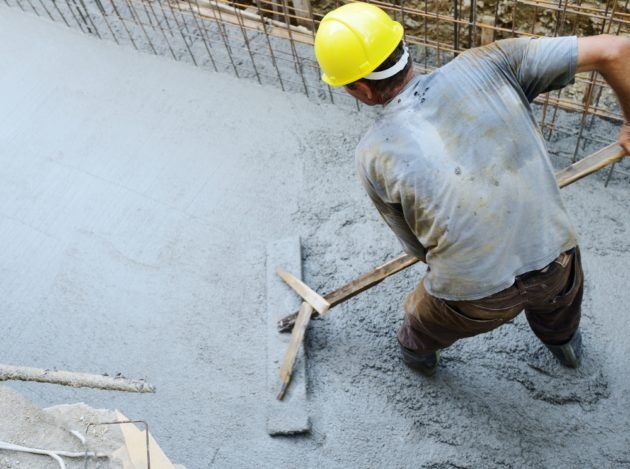Revealing the Eco-Friendly Advantages of Utilizing Recycled Concrete in Lasting Building Practices
In the world of sustainable construction practices, the use of recycled concrete stands as a crucial yet commonly undervalued resource. Past its conventional applications, recycled concrete offers a myriad of environmentally friendly advantages that extend much past the boundaries of traditional building and construction materials. From reducing ecological influence to boosting cost-efficiency, the implications of integrating recycled concrete in sustainable building practices are considerable. This versatile product not only addresses pushing environmental concerns however also presents a feasible solution to the challenges encountered by the building and construction industry at huge.
Environmental Benefits
By integrating recycled concrete into building and construction techniques, there is a considerable reduction in the demand for brand-new raw products, leading to conservation of natural sources. In addition, the use of recycled concrete diminishes the amount of waste being sent out to land fills, therefore minimizing environmental pollution and easing the stress on land fill abilities (Concrete).

In addition, the manufacturing of typical concrete is a significant resource of carbon exhausts because of the energy-intensive process of concrete production. On the other hand, recycled concrete has a reduced carbon footprint as it reduces the demand for brand-new concrete manufacturing. This reduction in carbon exhausts adds to mitigating environment change and sustains sustainable construction practices. Generally, the environmental benefits of utilizing recycled concrete are substantial and play an important function in promoting green building and construction techniques.
Cost-Efficiency
When evaluating the use of recycled concrete in building tasks,Achieving cost-efficiency is a critical consideration. One of the essential advantages of making use of recycled concrete is its cost-effectiveness contrasted to traditional concrete. The manufacturing of recycled concrete includes much less energy and resources as it makes use of existing materials, minimizing the total project costs significantly. In addition, the accessibility of recycled concrete in your area can even more lower transport costs, making it an extra cost-effective selection for construction tasks.
Moreover, the use of recycled concrete can bring about financial savings in land fill costs by drawing away concrete waste from disposal websites. This not just decreases the environmental impact yet also removes the costs connected with waste elimination. In addition, the longevity and performance of recycled concrete are similar to standard concrete, guaranteeing that expense financial savings do not endanger the top quality of the building and construction.
Resilience and Toughness
Taking into consideration the considerable cost-efficiency benefits of utilizing recycled concrete, it is important to analyze its longevity and strength in construction applications. Recycled concrete deals equivalent, otherwise remarkable, longevity and stamina buildings to conventional concrete. With innovations in processing strategies and quality assurance, recycled concrete can satisfy or exceed the efficiency requirements of conventional concrete. The process of recycling concrete entails crushing, arranging, and screening old concrete to create aggregates that can be utilized in new redirected here building and construction projects. These recycled aggregates can giving satisfactory compressive stamina, toughness, and lasting performance.

Waste Decrease
When it comes to making use of recycled concrete, waste reduction is a key benefit that adds significantly to environmental conservation. By including recycled concrete right into building jobs, this waste is repurposed and diverted from garbage dumps, decreasing the general environmental influence of building and construction activities.
Recycled concrete not just helps in decreasing the amount of waste that winds up in landfills but also saves natural resources by decreasing the need for brand-new aggregate products. This process of waste decrease advertises a round economic climate within the building sector, where materials are recycled and recycled to produce an extra lasting market. Additionally, the use of recycled concrete can bring about set you back financial savings for building and construction jobs, as it is frequently more inexpensive than sourcing and delivering brand-new materials. In conclusion, waste decrease with the application of recycled concrete is a vital component of lasting building practices that profits both the atmosphere and the building market in its entirety.
Energy Conservation
Energy conservation is an important visit site element of sustainable construction methods, aiming to minimize the general power consumption related to structure operations and materials production. When it concerns using recycled concrete in building and construction, considerable energy cost savings are attained compared to conventional concrete production. The process of producing recycled concrete entails crushing and reusing existing concrete products, which consumes less power than mining, handling, and transporting basic materials for new concrete manufacturing. Furthermore, the use of recycled concrete can help decrease the need for virgin aggregate, additional minimizing the energy-intensive removal and handling of natural resources.
Verdict
To conclude, the use of recycled concrete in sustainable building and construction practices offers numerous environmental benefits, cost-efficiency, toughness, toughness, waste reduction, and power preservation. By including recycled concrete right into building and construction jobs, we can add to a much more eco-friendly and lasting future. It is necessary for the building and construction like it market to prioritize the usage of recycled products to help in reducing the ecological effect of building and construction tasks.
One of the essential advantages of making use of recycled concrete is its cost-effectiveness compared to typical concrete.In addition, the usage of recycled concrete can lead to financial savings in garbage dump prices by drawing away concrete waste from disposal sites. The longevity and performance of recycled concrete are comparable to conventional concrete, ensuring that expense financial savings do not compromise the top quality of the construction.
